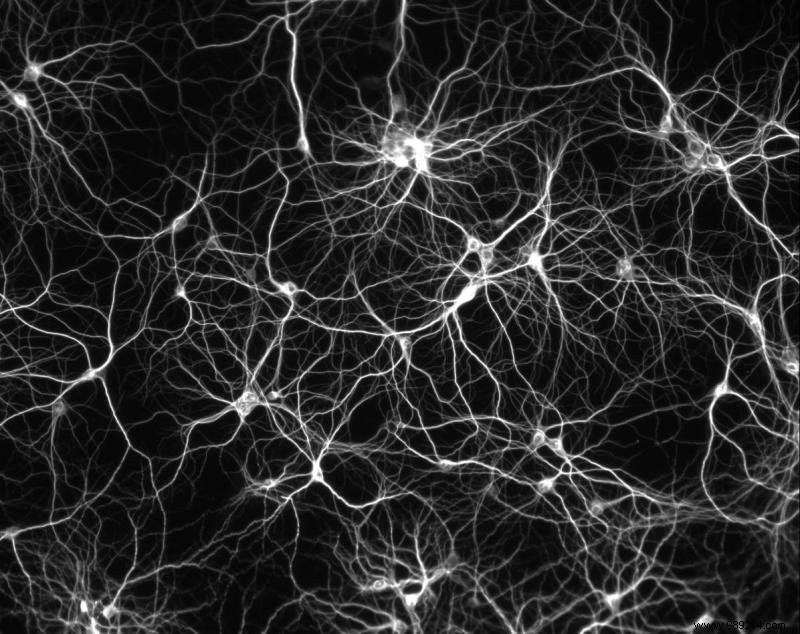A recent Franco-Dutch study has provided a better understanding of how our brain records the passage of time. This work also provides an opportunity to better understand how the brain is able to spontaneously explore memory.
Everyone knows it well, the human being is capable of mentally reliving an experience, moreover in the order in which the abductions have previously taken place. This action, which seems simple and obvious remains a real mystery . Indeed, neuroscientists have wondered for years how our brain can record and "replay" events in the correct temporal order. A study published in the Journal of Neuroscience June 28, 2021 to learn more about it.
Researchers from Paul Sabatier University in Toulouse (France) and Maastricht University (Netherlands) worked on the mechanisms at work that give the brain the ability to process temporal order and store memories. episodic. Their conclusion is:the neurons of the hippocampus – in the area related to memories – continue to function even in the absence of stimulation.
As part of their work, neurologists studied the brains of people with epilepsy. Subjected to severe epileptic seizures, these people were awaiting an operation. However, as part of the pre-surgical procedure, they received electrode implants in the brain , in order to monitor seizure activity. Once these implants were in place, the researchers decided to conduct a short experiment:recording their brain activity.

A first group of volunteers had to memorize a small visual sequence comprising several images broadcast in a loop. The viewing process stopped randomly, with the patients instructed to remember the image that was to follow. The patients of the second group were subjected to the same visual sequence, but during the interruption, no indication was given to them. The researchers were then able to observe that the hippocampal neurons continued their processing of the temporal experience , despite the absence of stimuli. In other words, these time cells continue to operate during periods of inactivity.
In addition, the leaders of the study found that these neurons activate at a specific time, whether or not it is a question of stimuli from the outside. Thus, this phenomenon suggests that neurons respond to internal sequences . According to the researchers, the brain has a representation of an internal (or inherent) flow of time that is uninfluenced by the outside world. Thus, the study proved that there is a kind of temporal coding in our brain. Finally, you should know that research is continuing, since scientists now want to understand how memories are coded in this way.